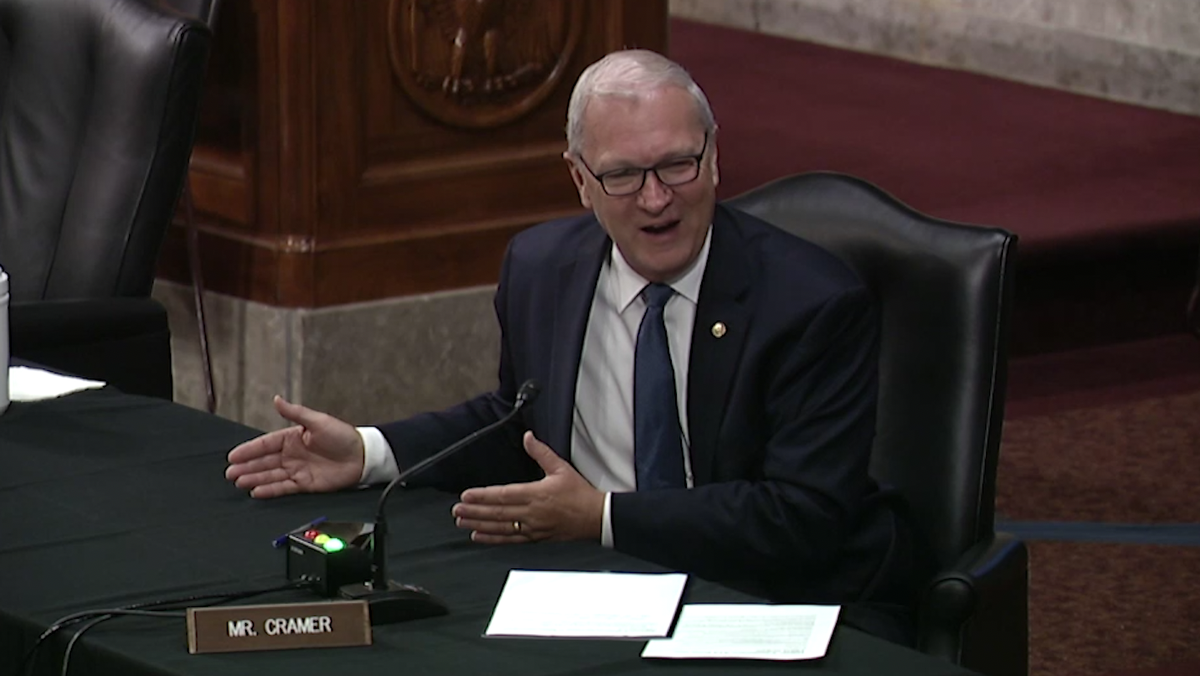Source: United States Senator Kevin Cramer (R-ND)
Hearing Follows Tuesday’s Hearing with Senior Defense Officials
“Over the last day or so, we’ve been hearing from the Taliban calling on us to stop [using Over-The-Horizon], and joining them is China,” said Senator Cramer. “Is it possible for the Taliban to get systems from their friends in China or Russia that could actually prevent an effective Over-The-Horizon, ISR and strike mission?”
“We don’t have any basing rights in the region to launch anything close to the theater,” replied Mr. Joscelyn. “After documenting this for so long, al Qaeda in particular, the U.S. never really developed a working model of al Qaeda and Afghanistan. Even across 20 years of being there, there are blind spots. … This is going to get even more difficult now. In terms of China, they signaled very early on they were willing to deal with the Taliban. … I would very much keep tabs on that relationship.”
Senator Cramer then questioned Dr. Vali Nasr, Professor of Middle East Studies and International Affairs at John Hopkins University, about the Biden Administration’s claims that removing our focus and presence from Afghanistan will free up resources to focus on near-peer adversaries like Russia and China.
“This relationship with our near-peer adversaries that we’re supposed to put more focus on while we take our eye off the War on Terror, it looks to me like it might be the same war,” said Senator Cramer.
“There’s no doubt Afghanistan matters to China. … It also matters to Russia, greatly. It matters to Iran,” replied Dr. Nasr. “They’re also developing their own independent policies towards the Taliban, and that at some point does interfere with the way in which we want to manage the Taliban or manage al Qaeda in that region. I think the China factor is important.”
Senator Cramer concluded by asking Mr. Joscelyn how U.S. allies feel about the country after the failed withdrawal and about al Qaeda’s strong presence in Afghanistan despite claims to the contrary from the Biden Administration.
